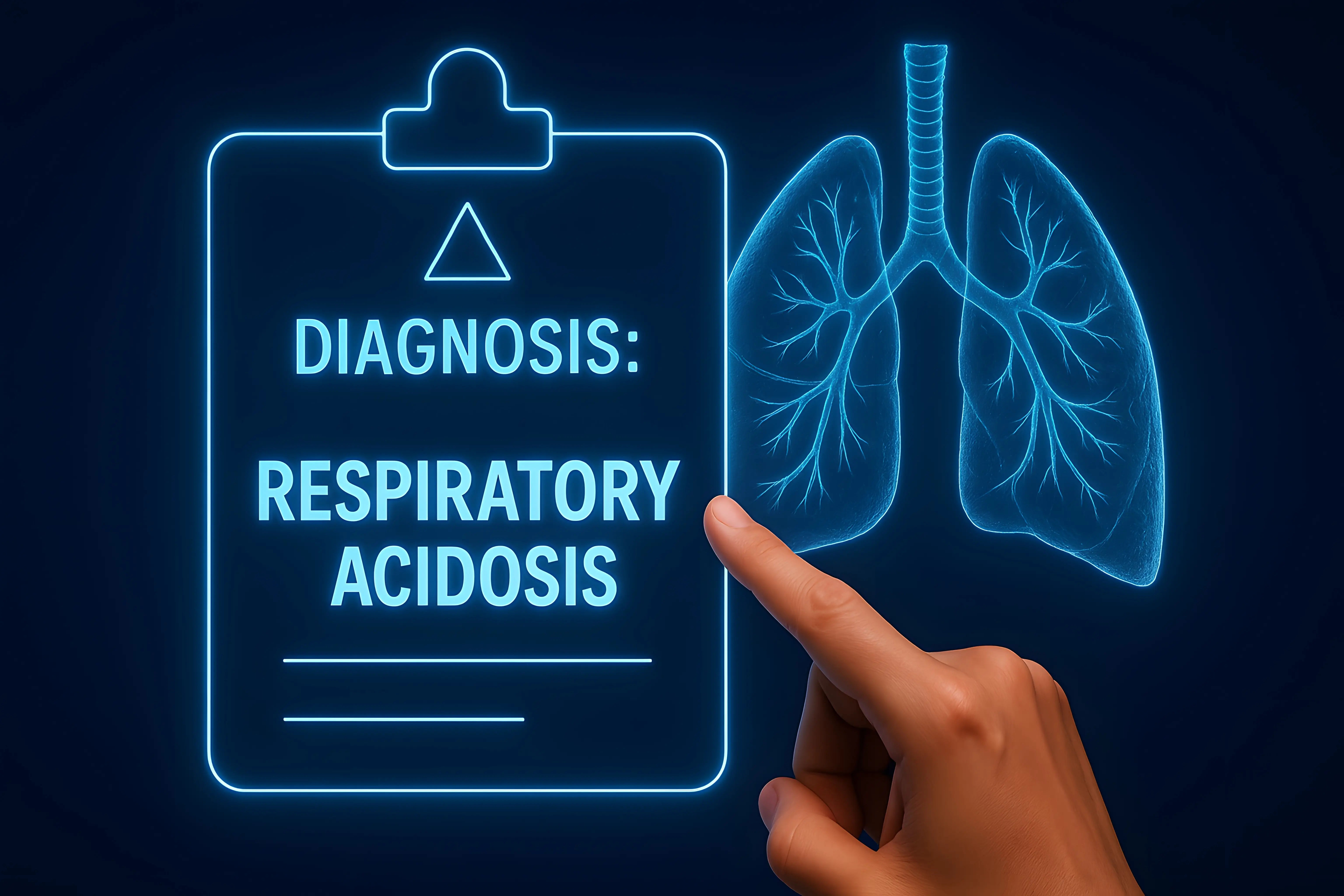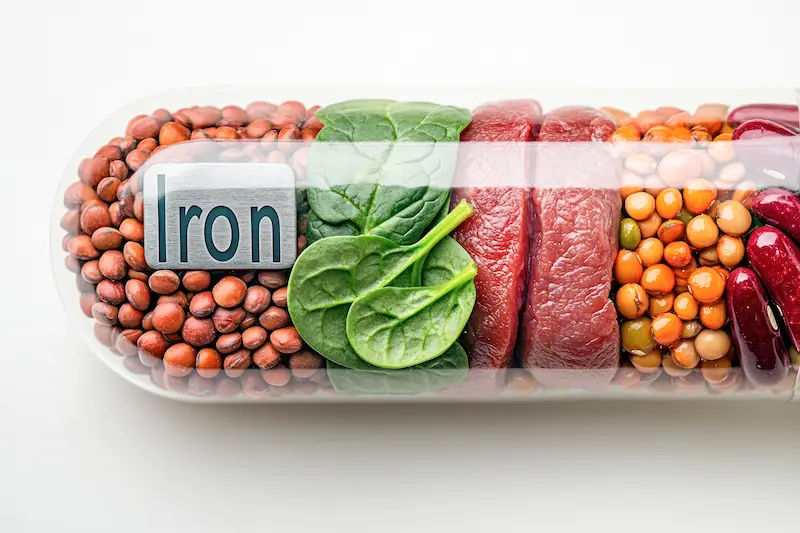Diabetic Ketoacidosis: Specialist Insights and Care
Learn about diabetic ketoacidosis from expert insights, its causes, symptoms, emergency care, and how specialists manage this serious diabetes complication effectively.


Diabetic Ketoacidosis (DKA) is a serious complication of diabetes that occurs when the body produces high levels of blood acids called ketones. This happens when there isn’t enough insulin in the body to help glucose enter cells for energy, forcing the body to break down fat for fuel instead.
DKA is most common in people with Type 1 diabetes, but it can also affect those with Type 2 diabetes under certain conditions. If left untreated, DKA can be life-threatening, so recognizing the signs and getting prompt medical care is crucial.
Symptoms of Diabetic Ketoacidosis
The symptoms of DKA can develop quickly, sometimes within 24 hours. If you or a loved one experience any of the following, seek medical help immediately:
Excessive thirst and dry mouth
Frequent urination
High blood sugar levels (above 250 mg/dL)
Nausea or vomiting
Abdominal pain
Weakness or fatigue
Fruity-smelling breath (a sign of ketones)
Confusion or difficulty concentrating
Rapid breathing
If you notice these symptoms, especially if you have diabetes, check your blood sugar and ketone levels (using a urine ketone test strip) and consult a doctor right away.
Consult Top Diabetologist
Causes of Diabetic Ketoacidosis
DKA usually occurs due to a severe lack of insulin, which can be triggered by:
1. Missed insulin doses – Skipping or not taking enough insulin.
2. Illness or infection – Infections (like UTIs or pneumonia) increase stress hormones, raising blood sugar.
3. Heart attack or stroke – These can disrupt insulin balance.
4. Physical or emotional trauma – Stressful events can affect blood sugar control.
5. Alcohol or drug misuse – These can interfere with insulin function.
6. Undiagnosed diabetes – Some people discover they have diabetes only after a DKA episode.
How DKA Affects Your Health
When your body can’t use glucose for energy, it starts burning fat, producing ketones. While small amounts of ketones are normal, excessive ketones make the blood acidic, leading to:
Dehydration – High blood sugar causes frequent urination, leading to fluid loss.
Electrolyte imbalance – Loss of sodium, potassium, and other minerals can affect heart and muscle function.
Organ damage – Severe DKA can harm the kidneys, brain, and heart.
Without treatment, DKA can lead to coma or even death.
Managing and Preventing DKA
Below are a few different ways for managing and preventing DKA,
1. Monitor Blood Sugar Regularly
It is essential to monitor blood sugar regularly and follow below ways,
Check your blood sugar levels frequently, especially if you’re sick or stressed.
If levels are consistently high (above 250 mg/dL), test for ketones.
2. Take Insulin as Prescribed
Follow your doctor’s prescription and few more suggestions are as follows,
Never skip insulin doses.
If you’re sick, follow your doctor’s sick-day plan (which may include adjusting insulin doses).
3. Stay Hydrated
Always stay hydrated and below are few more suggestions,
Drink plenty of water to prevent dehydration.
Avoid sugary drinks, as they can worsen high blood sugar.
4. Know When to Seek Help
It is essential to know when to seek help and few suggestions are as follows,
If vomiting lasts more than 2 hours, seek medical care.
If ketones are moderate to high, contact your doctor immediately.
5. Follow a Healthy Lifestyle
It is advisable to follow a healthy lifestyle and here are few suggestions,
Eat balanced meals with controlled carbohydrates.
Exercise regularly (but avoid intense workouts if ketones are present).
Manage stress through relaxation techniques like deep breathing or meditation.
When to See a Doctor
Seek emergency care if you experience:
Blood sugar above 300 mg/dL with ketones in urine
Severe nausea or vomiting
Difficulty breathing
Confusion or drowsiness
Early treatment can prevent complications.
How Apollo 24|7 Can Help
If you’re at risk of DKA or need expert diabetes care, Apollo 24|7 offers:
Consultations with diabetes specialists – Get personalized advice on managing diabetes.
Home blood sugar and ketone testing – Convenient testing without visiting a lab.
Emergency care support – Quick access to medical help if needed.
Book a consultation or schedule a test today through the Apollo 24|7 app or website.
Final Thoughts
Diabetic Ketoacidosis is a serious but preventable condition. By staying vigilant with blood sugar monitoring, taking insulin as prescribed, and seeking help when needed, you can reduce your risk. If you or someone you know shows signs of DKA, act quickly as early treatment saves lives.
Consult Top Diabetologist
Consult Top Diabetologist

Dr. Vivek D
General Physician
4 Years • MBBS
Bengaluru
PRESTIGE SHANTHINIKETAN - SOCIETY CLINIC, Bengaluru

Dr Syed Mateen Pasha
General Physician
2 Years • MBBS
Bengaluru
PRESTIGE SHANTHINIKETAN - SOCIETY CLINIC, Bengaluru

Dr. Johnson. S
General Practitioner
7 Years • MBBS MD(Preventive and social Medicine)
Pune
Apollo Clinic, Nigdi, Pune

Dr. Dhanraj K
General Physician/ Internal Medicine Specialist
25 Years • MBBS, MD Internal Medicine - Osmania Medical College, Hyderabad
Hyderabad
Apollo Hospitals Jubilee Hills, Hyderabad
(400+ Patients)

Dr Bhargav Vuppumalla
General Physician/ Internal Medicine Specialist
5 Years • MBBS MD GENERAL MEDICINE
Bengaluru
Apollo Medical Center, Marathahalli, Bengaluru




